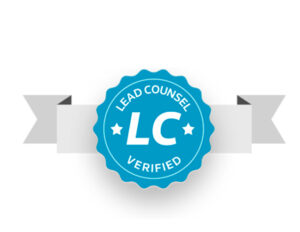Social Security Disability Lawyer
The practice area of Social Security Disability law is dedicated to assisting individuals who are unable to work due to a disability in obtaining essential benefits. These benefits, offered through the Social Security Administration (SSA), include Social Security Disability Insurance (SSDI) and Supplemental Security Income (SSI), which provide financial support to those with qualifying medical conditions that prevent them from engaging in substantial work activity. Social Security Disability lawyers play a critical role in helping clients with the application and appeals process. They closely collaborate with individuals, gathering and presenting the essential medical evidence, thoroughly evaluating the extent of their disability, and ensuring that all the necessary paperwork is properly submitted to the SSA. These attorneys have extensive knowledge of the Social Security Administration’s (SSA) eligibility standards, as well as the distinct criteria for various types of disabilities. They are dedicated advocates for their clients, vigorously defending their rights in administrative hearings and, if necessary, taking the fight to federal court for appeals. Social Security Disability law is crucial for people dealing with serious health problems. It offers financial help and necessary resources to maintain their basic needs even when they can’t work due to their condition.




